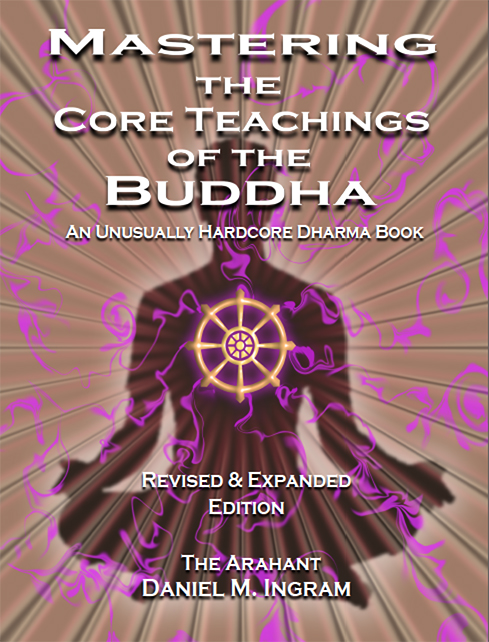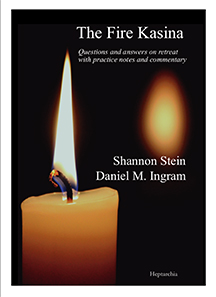7. Misery
The stage of Misery is characterized by intense feelings of sadness, grief, and loss. Again, for some who can appreciate what such emotions teach, there is a redeeming quality to the heartfelt depth of grief and melancholy, but this tends to be greatly overshadowed by their dark and engulfing aspects. Energy, which may have increased a bit in Fear, may flag again during this stage. In Misery, we are having our whole concept of self and the world as being permanent, able to satisfy, and even being “me” or “mine” torn up from the roots, and eroded by the now undeniable truth of the three characteristics. There can be enormous grieving in this process. Those with a broader or more archetypal point of view may feel they have tapped into the suffering of the world, like having tapped into the vast universal ocean of sorrow. Those with a tendency to the powers end of practice may see images and/or whole scenes of suffering, death, devastation, and destruction flash before them.
The feelings that Misery can bring up are hard to accept for many, and our resistance to this process causes us further misery. Just as with Fear, it is common to come up with fabricated reasons to be miserable after the misery has already set in, a tail wagging the dog type of thing. We may feel like failures and frauds, as if we can’t do anything right. We may relive memories of those actions and words we regret the most in life, undergoing a tour of those times when we most disappointed ourselves and others. Be gentle, loving, and forgiving of yourself if this happens. Wise remorse, as mentioned earlier in Part One, is key, and will help a lot more than self-pummeling guilt. We may feel that our meditation and path is all just some sad and dead-end trip. The hard, unfair, and cruel aspects of life may affect us more deeply in this stage.
This stage, though often unpleasant, can be very healing and heart-opening. However, becoming lost in and overwhelmed by the content of these sensations and being unable to see their true nature is a somewhat common cause of failure to progress and thrive. On the mild side, we may just feel a bit like we do after we come out of a crying spell. Misery is the transition point between the drum-like five to eight Hz part of the Dark Night and the very complex, irritating frequencies that follow, though Misery itself is generally not that buzzy, and frequencies of vibrations are not that noticeable for most practitioners, which is just fine. It tends to have a heavy, slow thickness to it. Attention continues to broaden and the center to become more absent. As things continue to fall apart, clearly demonstrating their unsatisfactoriness, and their selflessness, this can cause …

